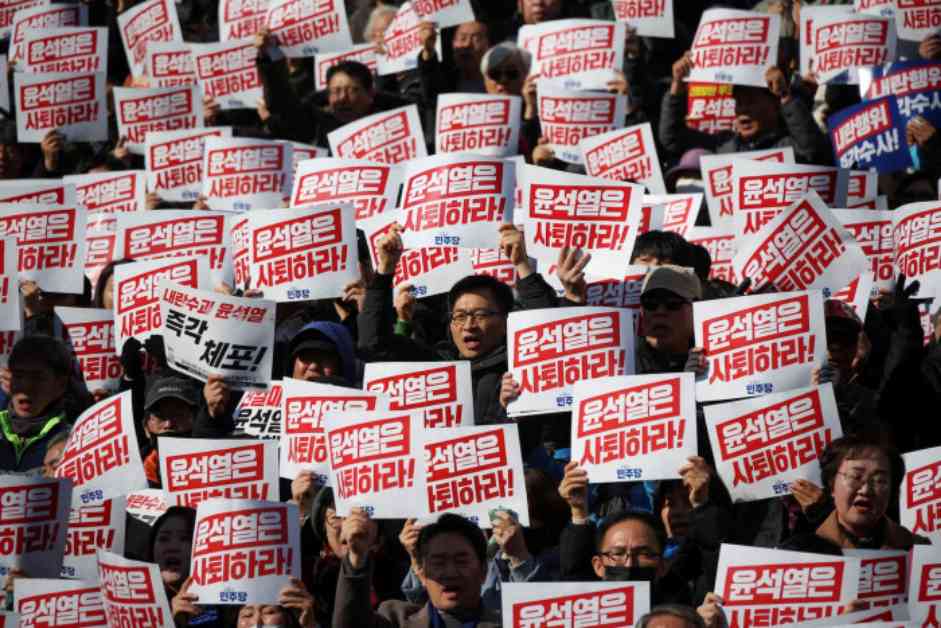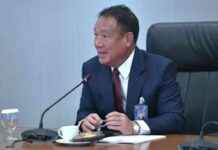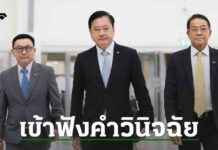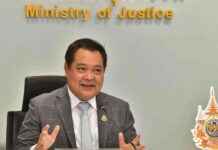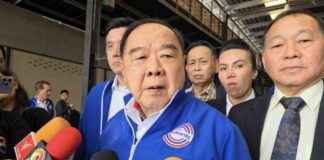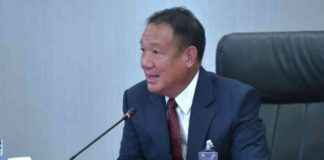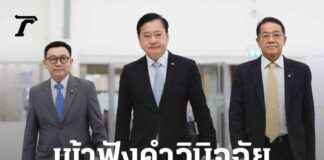South Korean President Faces Impeachment Amid Martial Law Chaos
South Korean President Yoon Suk Yeol found himself in a political storm this week after his shock declaration of martial law, a move that sparked outrage and chaos in the country. The situation escalated quickly as lawmakers proposed his impeachment, leading to widespread protests and calls for his resignation.
The Crisis Unfolds
The drama unfolded late Tuesday when President Yoon declared martial law, citing the need to defend the country against perceived threats from pro-North Korean anti-state forces. The sudden decision took everyone by surprise, including Washington, as US Secretary of State Antony Blinken admitted to being caught off guard.
As the situation intensified, armed troops stormed the National Assembly building in Seoul, triggering a tense standoff with lawmakers and parliamentary aides who ultimately rejected the martial law declaration. Protesters clashed with police outside the assembly, underscoring the growing unrest among citizens.
Impeachment Proposals
In response to the crisis, opposition parties swiftly moved to submit a bill in parliament seeking Yoon’s impeachment. The bill, supported by multiple parties, is set for a vote later in the week, reflecting the deep divisions and dissatisfaction with President Yoon’s leadership.
Economic Impact
The political turmoil also had a ripple effect on South Korea’s financial markets, with the Kospi index falling significantly and the country’s currency nearing a two-year low. The crisis prompted emergency interventions by financial authorities to stabilize the markets and reassure investors.
Global Reactions
While the crisis primarily unfolded within South Korea, the international community closely monitored the developments. Leaders in the West, who once viewed Yoon as a key ally in the fight against authoritarianism, expressed concern over the situation. The diplomatic fallout also led to the postponement of planned defence talks and joint military exercises between South Korea and the United States.
Looking Ahead
With President Yoon’s future hanging in the balance, South Korea faces a critical juncture as the nation navigates through the aftermath of the martial law debacle. The resilience of its democracy and the stability of its leadership are being put to the test, raising questions about the country’s future trajectory and political landscape.
A Personal Perspective
Amid the political turmoil, a Seoul resident, Kim Byeong-in, expressed deep concern about the situation, reflecting the anxiety and unease felt by many citizens. The unfolding events have underscored the fragility of democracy and the importance of upholding the rule of law in times of crisis.
As South Korea grapples with the fallout from President Yoon’s actions, the nation stands at a crossroads, with the eyes of the world watching closely. The coming days will be crucial in determining the course of its political future and the resilience of its democratic institutions.
